With life returning to normal this summer, lots of family reunions are going to happen. Finally, grandkids can hug grandma! But what happens when your kid does not want a hug? Here’s how to handle the awkwardness that can come with stranger danger at your next family gathering.
Why doesn’t my kid want a hug?
The good news is, in most kiddos, this is totally normal. Younger kids (think toddlers) are just reaching the stage in their development when they can tell the difference between someone they know and don’t know. This causes what is colloquially known as “stranger danger” — the phenomenon where your smiley 6-month-old who loved everyone turns into a 9-month-old who starts crying when a passerby says hello. It may sound odd- but your 9-month-old is realizing for the first time that they don’t “know” the “stranger.”
Importantly, this can happen even with people who aren’t strangers at all! Seeing someone over FaceTime isn’t the same as being in person (as we all know) so even a 5-year-old who loves to Zoom with grandma might act uncomfortable when the face on the screen shows up in real life.
This “stranger danger” has gotten a lot worse during the pandemic when most kids are seeing fewer people than normal. Kids have also seen parents interact with way fewer people and haven’t learned what to do in as many social situations. Think how awkward you are at post pandemic conversation!
Should I make my kid hug someone?
No. It can be tricky when your little one turns down a hug. But, not forcing this issue teaches your kids a good lesson about their body and consent: only they can decide who touches them. No need to make excuses or tell your little one to do anything, just let them do what comes naturally.
What should I say to everyone else?
Start out by giving the jilted relative a little love! “Little Suzie is so lucky to have you as her grandma and was so excited to see you.”
Then explain the situation: “Just like all of us, she’s working on stepping out of her shell post pandemic and who can blame her?”
And explain why it’s important: “We are teaching her that she is in control of her own body.”
Will this go away?
Developmentally, most kids move out of the intense stranger danger phase around 3 years of age. And, as we get out of the house more and more, our kids will see more strangers which will help with any fears. If you’re comfortable, playdates and trips to the playground can also help your kids work on those social skills. For older kiddos, talking to them about these new experiences can also be helpful. For example, “I know seeing all of these people is new and it is okay to feel weird about it. Sometimes others like it when we say hi or give a hug, so if you want to do that, it’s okay!”
Importantly, for most kids this “stranger danger” will wax and wane. It is okay if some days (or weeks) your kids are feeling less talkative than other days. Some kids will even get more confident and friendly around a year and then experience another round of stranger danger around 18 months.
When should I be worried?
As we discussed, most younger kids will be nervous around folks they don’t see every day. But even if they don’t want a hug, they should be interested in others. They will also likely (slowly) warm up to newcomers. For example, even if grandma gets the cold shoulder on day 1 of her visit, she and grandson will be buddies by the end of her week-long visit.
If you are concerned that your little one does not show interest in other people or does not express themselves well even with regular caregivers, let your pediatrician know.
 https://riseandshine.childrensnational.org/wp-content/uploads/2025/03/kids-party-feature.jpg
300
400
Rise and Shine
https://riseandshine.childrensnational.org/wp-content/uploads/2017/11/childrens_riseandshine_logo.jpg
Rise and Shine2025-03-24 16:37:472025-03-24 16:40:16The truth about measles parties: Why vaccination is always the safer choice
https://riseandshine.childrensnational.org/wp-content/uploads/2025/03/kids-party-feature.jpg
300
400
Rise and Shine
https://riseandshine.childrensnational.org/wp-content/uploads/2017/11/childrens_riseandshine_logo.jpg
Rise and Shine2025-03-24 16:37:472025-03-24 16:40:16The truth about measles parties: Why vaccination is always the safer choice













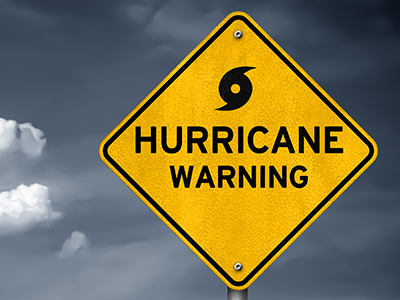

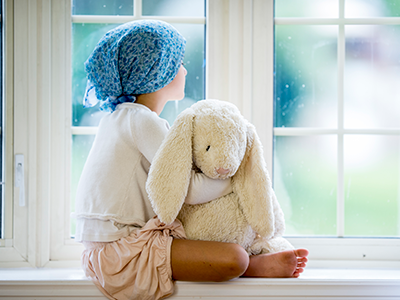
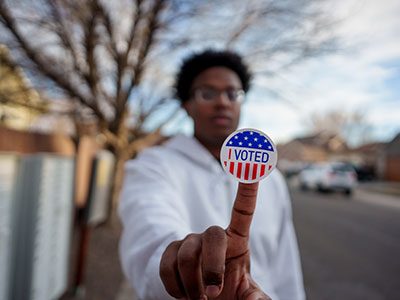
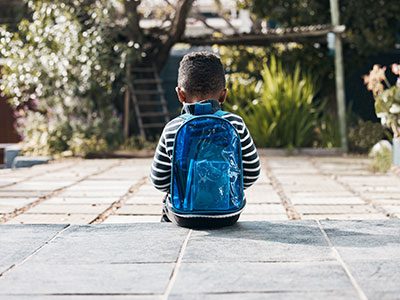
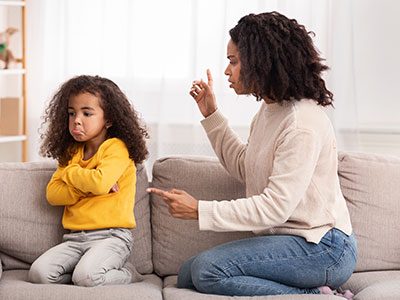


Leave a Comment
Want to join the discussion?Feel free to contribute!